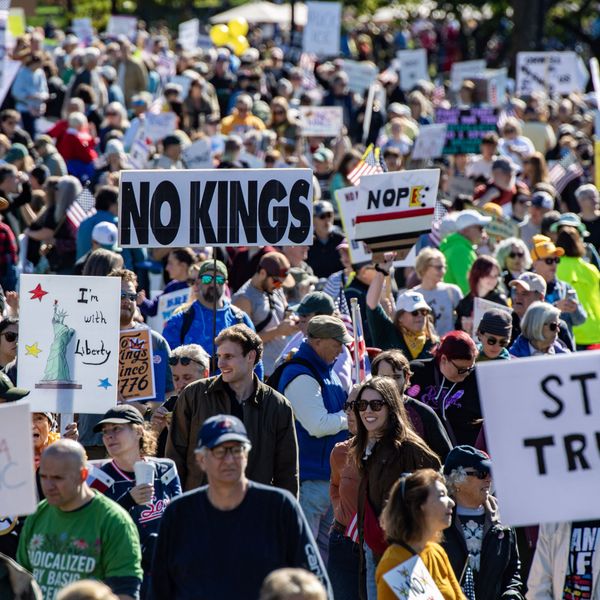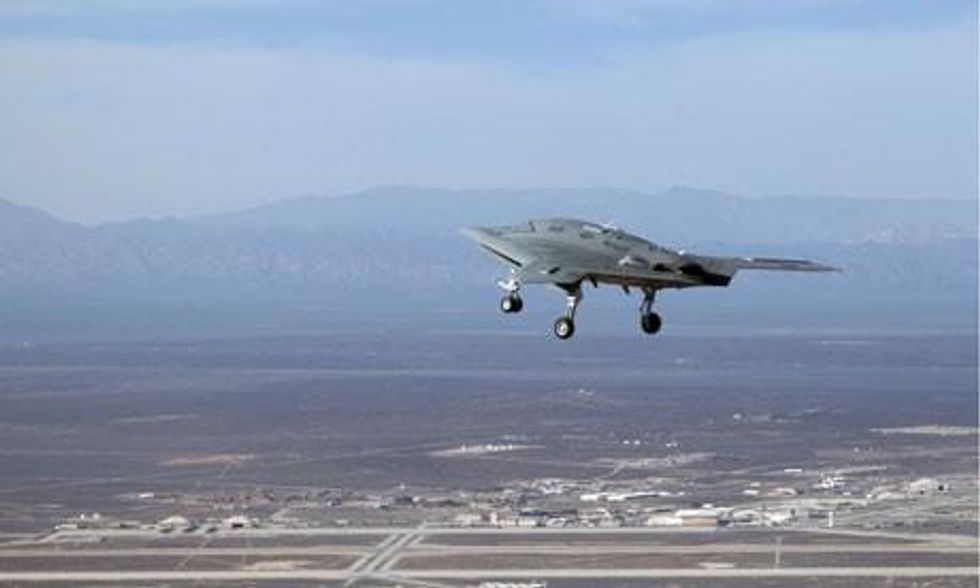In remarks on Monday, US counter-terrorism adviser John Brennan admitted for the first time that US drones have killed civilians. "It is exceedingly rare, but it has happened," he said.
With his sources in the intelligence community, Brennan no doubt has more information about the number and identity of individuals killed than do journalists and lawyers who, in the last year, have documented hundreds of what they call "civilian deaths". But the discrepancy between Brennan's view and theirs is not about the facts; it is about definitions. Brennan would call "terrorists" many of the people whom the journalists and lawyers would say are civilians.
"Terrorists", whom the Obama administration may go after with lethal force, are not just people linked to the 11 September 2001 attacks, or active members of al-Qaida. According to Brennan, most of them are already dead:
"Al-Qaida has been left with just a handful of capable leaders and operatives."
Yet there are, according to Brennan, thousands of individuals the US can lawfully target in drone strikes. Under the hugely expansive definition he described Monday, the US can kill individuals across the globe. Brennan named potential targets not just in Pakistan and Yemen, but in Somalia, Nigeria and west Africa. The Obama "war on terror" may include groups like al-Qaida in the Islamic Maghreb, which Brennan described as attempting to "destabilize regional governments", and Boko Haram, a group that "appears to be aligning itself" with al-Qaida and is "increasingly looking to attack western interests in Nigeria". Moreover, the US can kill not just leaders and operatives, but individuals who "possess unique operational skills that are being leveraged in a planned attack".
The trouble with this definition of whom the US may target is not just its breadth, but its distance from any conventional interpretation of the laws of war. The rules on who can be targeted are complex and highly contested, especially in this context. But every formulation starts from the presumption that individuals who are not members of the armed forces are entitled to protection against intentional attack. As presumptive civilians, they can only be targeted for so long as they directly participate in hostilities, or, according to the international committee of the Red Cross, as members of an organized armed group with a "continuous combatant function".
Perhaps the Obama administration sees these rules as unworkable. Maybe it has chosen to sidestep ongoing debates within the legal community and newly interpret the rules according to the larger object and purpose of humanitarian law.
But Brennan pretended otherwise. He equated his broad definition of whom the US can kill to the targeting of "enemy leaders" in the second world war. These wars are plainly not the same. The US shooting, for example, of Japanese General Yamamoto - the military architect of Pearl Harbor - is on a different legal and moral plane than the intentional killing of a civilian with "unique operational skills" employed in an "affiliate" attack against "regional governments".
Rhetorical leaps like Brennan's breed skepticism and doubt. The definition of who may be killed is not just about a rigorously reviewed kill list, but about whom the US can kill in "signature strikes" - individuals whose identities are unknown, who are targeted because they match intelligence-provided "signatures" - like "a tall man driving a blue car". The leading role of the CIA, an agency designed to operate in secret and without public accountability, adds worry. Yet Brennan did not mention the agency once in his lengthy remarks.
It remains unclear how the United States can reliably identify who it is killing in places like Pakistan, with no US ground troops officially present and thus no opportunity to talk to witnesses or collect forensic evidence. Presumably, the US relies on local informants or covert agents. But in the "rare" cases of US mistakes, the government itself should make amends for the pain and loss to victims and families.
Brennan's speech is a limited victory for observers who have raised questions about the legality of US drone strikes since their rapid escalation from 2009. Now, the Obama administration has provided some answers - but they are not the ones we were hoping for.


